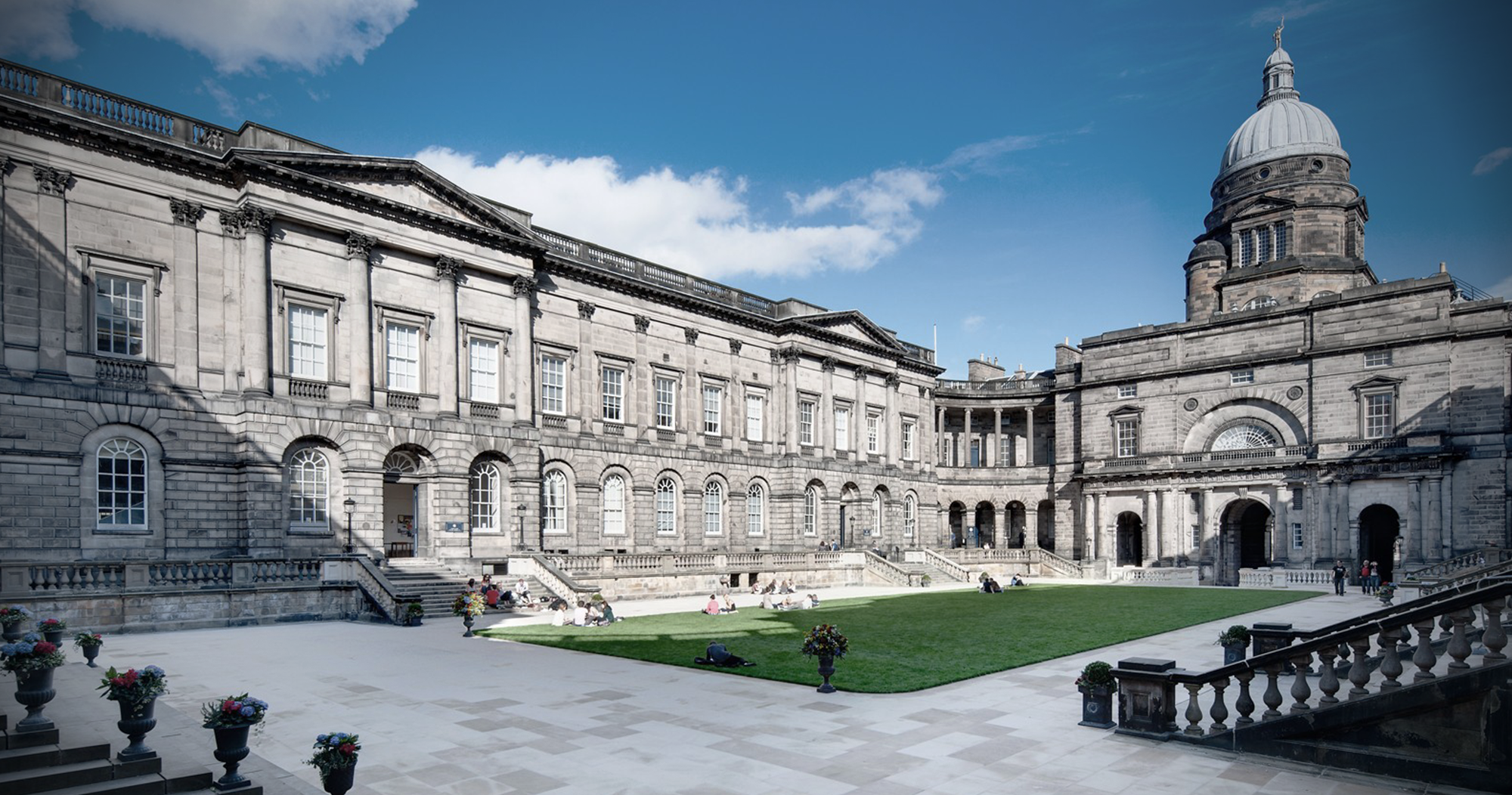When you close your eyes and imagine the kind of Scotland you want to live in, what do you see? No doubt you are imagining a more equal Scotland, one where everyone, no matter their background, has the chance to live with dignity and to thrive, and one where our children’s lives are happy, healthy, and long.
When it comes to social justice, Scotland’s shared hopes and vision for our society is built on a convergence of moral values that we all bring to bear upon this vision: justice, equality, and compassion. Fundamentally, we all want a better Scotland.
This is the Scotland we see when we open our eyes: a society beset by poverty that disadvantages far too many of our fellow citizens, and inequality that intrenches this disadvantage.
One million people live in the grip of poverty, including a quarter of a million children. This moral failing is an affront to our shared values.
For those who find themselves trapped in poverty, the harm of this moral failure affects every aspect of their lives; their mental and physical health, educational attainment, employment prospects, relationships, and it robs them of the ability to enjoy a full and flourishing life.
There is no denying the impact of Conservative welfare policies in driving up poverty rates across the UK, including in Scotland, over the last decade, and that the planned cut to Universal Credit payments set to come into effect this week will sweep even more families into poverty. But the purview of justice, as it pertains to tackling poverty, falls over all Governments and institutions who have the power to do something about it.
The Scottish Government have full or significant powers over all areas of competency where the most impactful solutions to tackling poverty lie – housing, transport, childcare, economic development, education and skills, and enough scope on social security to input sufficient investment.
This creates a moral imperative to act, with urgency, to stem this rising tide of poverty. A majority of Scots agree: the Scottish Government can, and must, do more.
Here are five things the Scottish Government can do now that would help solve poverty in Scotland:
















